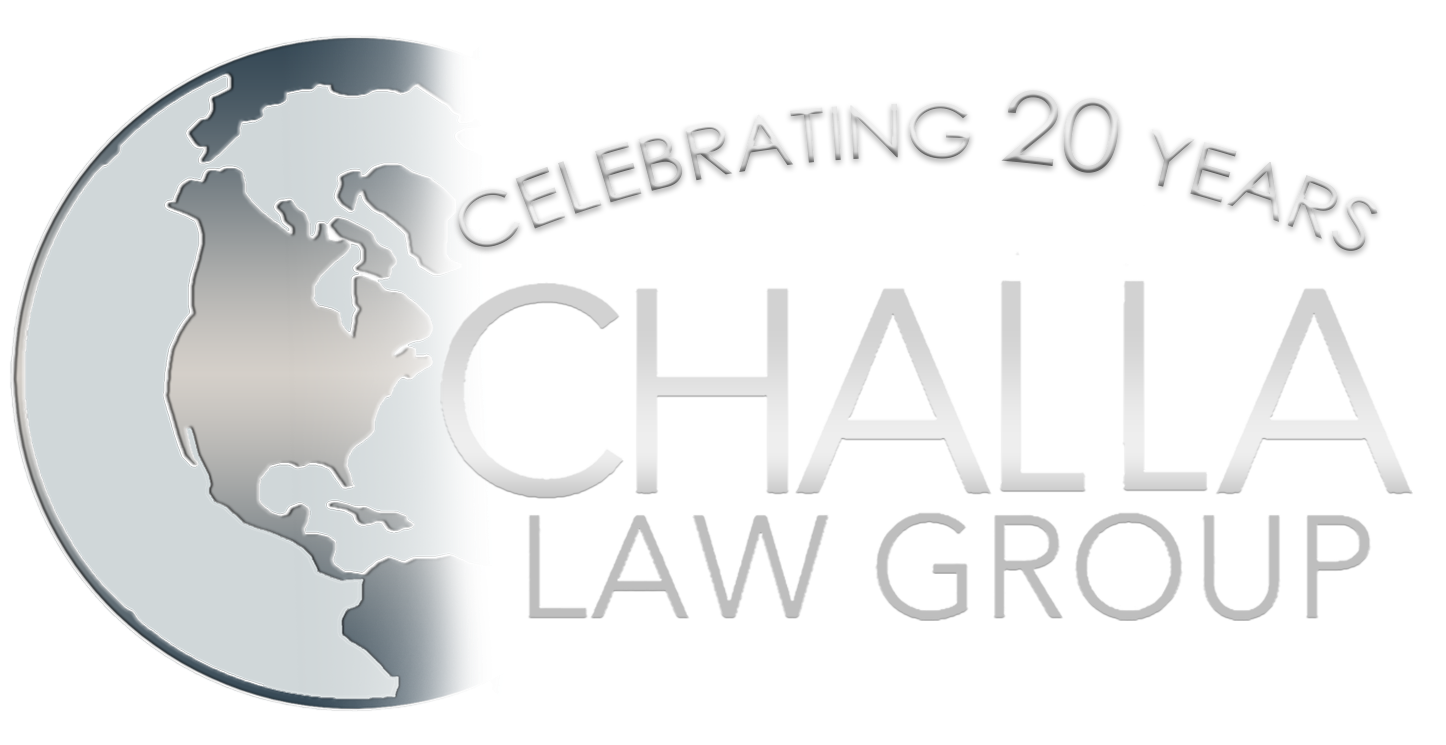
DHS Releases Details on Easing Travel Restrictions & Travel FAQs
On Friday, DHS released new details for travelers who plan to enter the U.S. at land ports of entry and ferry terminals. Previously non-citizen travelers were permitted to enter for essential travel, but with the new requirements, non-essential travelers can enter the U.S. provided they are fully vaccinated and can provide proof of COVID-19 vaccination status. DHS also notes that unvaccinated travelers may continue to cross the border for essential travel, including lawful trade, emergency response, and public health purposes.
DHS states that “Starting November 8, when arriving at a U.S. land POE or ferry terminal, non-citizen travelers should be prepared to (1) provide proof of COVID-19 vaccination, as outlined on the Centers for Disease Control (CDC) website; and (2) verbally attest to their reason for travel and COVID-19 vaccination status during a border inspection.”
The requirements are consistent with the Proclamation issued on October 25, 2021, suspending and limiting entry for nonimmmigrants seeking to enter the U.S. by air travel who are not fully vaccinated against COVID-19. The Presidential Proclamation and CDC order do not apply to U.S. citizens, U.S. nationals, U.S. lawful permanent residents and immigrants. Certain air crew members may also be exempt.
Air and Land Travel FAQs
Who is considered fully vaccinated?
You are considered fully vaccinated:
- 2 weeks (14 days) after your dose of an accepted single-dose COVID-19 vaccine.
- 2 weeks (14 days) after your second dose of an accepted 2-dose series COVID-19 vaccine; or
- 2 weeks (14 days) after you received the full series of an “active” (not placebo) COVID-19 vaccine in the U.S.-based AstraZeneca or Novavax COVID-19 vaccine trials
- 2 weeks (14 days) after you received 2 doses of any “mix-and-match” combination of accepted COVID-19 vaccines administered at least 17 days apart*
If you don’t meet these requirements, you are NOT considered fully vaccinated.
Example: If your last dose was given at any time on October 1st, you would be eligible to travel on October 15th or later to meet the 14-day requirement. If your flight departs on October 14th, you will be asked to reschedule after the full 14 days have passed.
What are considered acceptable COVID-19 vaccines?
CDC has not recommended the use of mix-and-match COVID-19 vaccine primary series. However, such strategies are increasingly common in many countries outside of the United States. Therefore, for the purpose of interpreting vaccination records for travel to the United States, CDC will accept combinations of accepted COVID-19 vaccines.
How can I prove that I have been vaccinated for COVID-19?
The CDC has provided several options for proving your COVID-19 vaccination status: verifiable records, non-verifiable paper records, and non-verifiable digital records.
- Verifiable records (digital or paper): could be a vaccination certificate with a QR code (which links to the information confirming the credential was generated from an immunization record in an official database and is protected from tampering) or a digital pass via a smartphone application with a QR code
- Non-verifiable paper records: printout of COVID-19 vaccination record or vaccination certificate issued at a national or subnational level or by an authorized vaccine provider, such as the CDC vaccination card
- Non-verifiable digital records: digital photos of vaccination card or records, downloaded vaccine record or certificate from official source (public health agency, government agency, or other authorized vaccine provider) or a mobile phone application without a QR code
All COVID-19 vaccination records must have:
- Personal identifiers (at least full name and date of birth) that match the passenger’s passport or other travel documents,
- Name of official source issuing the record (public health agency, government agency, or other authorized vaccine provider), and
- Vaccine manufacturer and date(s) of vaccination.
Procedures for Travelers Who Qualify for Exceptions
Categories of noncitizen, nonimmigrants that meet the criteria for an exception under the proclamation and CDC’s order include:
- Persons on diplomatic or official foreign government travel
- Children under 18 years of age
- Persons with documented medical contraindications to receiving a COVID-19 vaccine
- Must show a letter from a licensed physician on official letterhead with contact information that clearly states the medical condition and the vaccine product
- Example: immediate or severe allergic reaction after a previous dose or a component of a COVID-19 vaccine or known allergy to a component of the vaccine
- Check with the airline to determine if a translation of the letter is necessary for their review
- Participants in certain COVID-19 vaccine trials
- Persons issued a humanitarian or emergency exception
- Emergency medical evacuations or other situation where the individual is unable to access or complete the vaccination requirement before travel.
- Contact the U.S. embassy or consulate in or nearest to the country from which they are departing for the United States. The embassy will transmit the information to the CDC for consideration.
- You can contact the nearest U.S. embassy or consulate, or call these numbers at the U.S. Department of State headquarters: From the United States and Canada: 888-407-4747; from overseas: 202-501-4444
- Persons with valid visas [excluding B-1 (business) or B-2 (tourism) visas] who are citizens of a foreign country with limited COVID-19 vaccine availability
- Members of the U.S. Armed Forces or their spouses or children (under 18 years of age)
- Sea crew members traveling pursuant to a C-1 and D nonimmigrant visa
- Persons whose entry would be in the national interest, as determined by the Secretary of State, Secretary of Transportation, or Secretary of Homeland Security (or their designees)
If you are a noncitizen, nonimmigrant who does not fall under any of these exceptions, you must show proof of being fully vaccinated before boarding a flight to the United States.
If you qualify for an exception, you must attest that you will test for COVID-19 within 3 to 5 days after your arrival in the U.S. unless you have documentation of recovery from COVID-19 from within the past 90 days. You must also self-quarantine for 7 days, even if your COVID-19 viral test is negative and you must self-isolate if the test is positive or if you develop COVID-19 symptoms.
Depending on the category of the exception, the CDC notes that if you plan to stay in the U.S. for longer than 60 days, you may also be required to attest that you will agree to be vaccinated against COVID-19 and you have arranged to become fully vaccinated within 60 days of your arrival or as soon thereafter as is medically appropriate. Children too young to be vaccinated will not attest to the vaccination requirement, but parents or another authorized person will have to attest on behalf of any passenger who is unable to sign their own attestation on the other requirements.
Please note: there are no exceptions under the Presidential Proclamation and CDC’s Order for religious reasons or other moral convictions.
Additional Travel Considerations
As non-essential travel resumes, DHS expects that travel volumes and wait times will increase at border crossings and other ports of entry.
- Plan for long lines and increased wait times when scheduling travel.
- Consider facial biometrics and the CBP mobile app to access CBP services.
- Keep COVID-19 documentation and valid travel documents readily accessible for all members of your party.
- Check that COVID-19 documentation is accurate and matches your passport and other travel documents.
If you have any additional questions, please contact us at info@challalaw.com.
_________________________________________________
Connecting with Challa Law Group
Join us on Wednesdays for a live webinar at 12 PM ET on critical immigration updates

Don’t miss out on the immigration news! You can sign up for our mailing list or follow us on Facebook, Twitter, Instagram, YouTube, or LinkedIn. You can also join our Telegram community.
Contact us at info@challalaw.com or 804-360-8482 to get your case started today.






